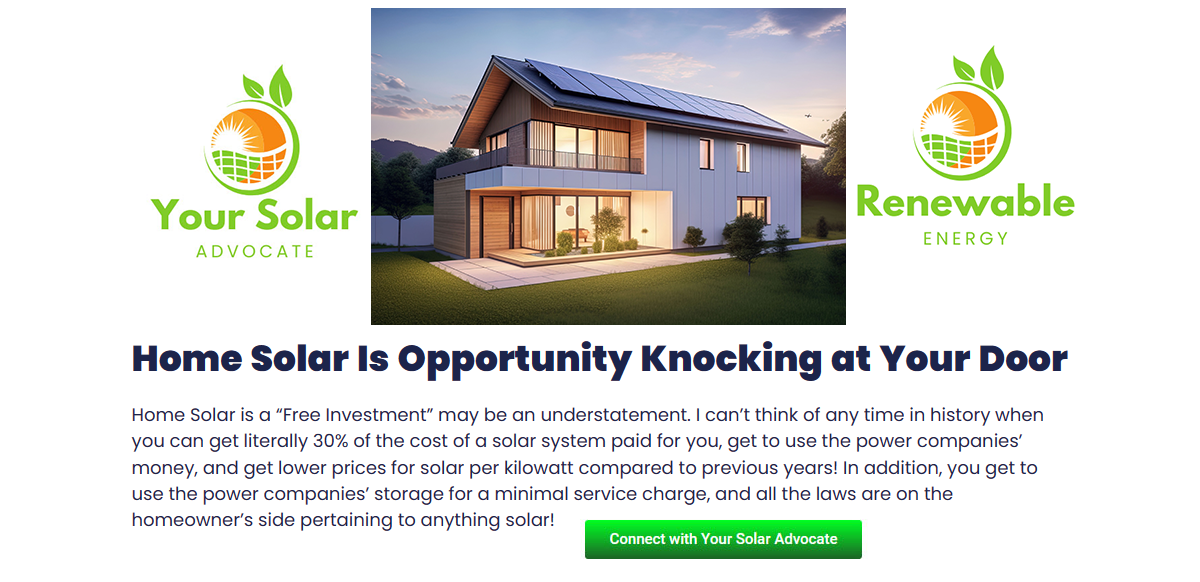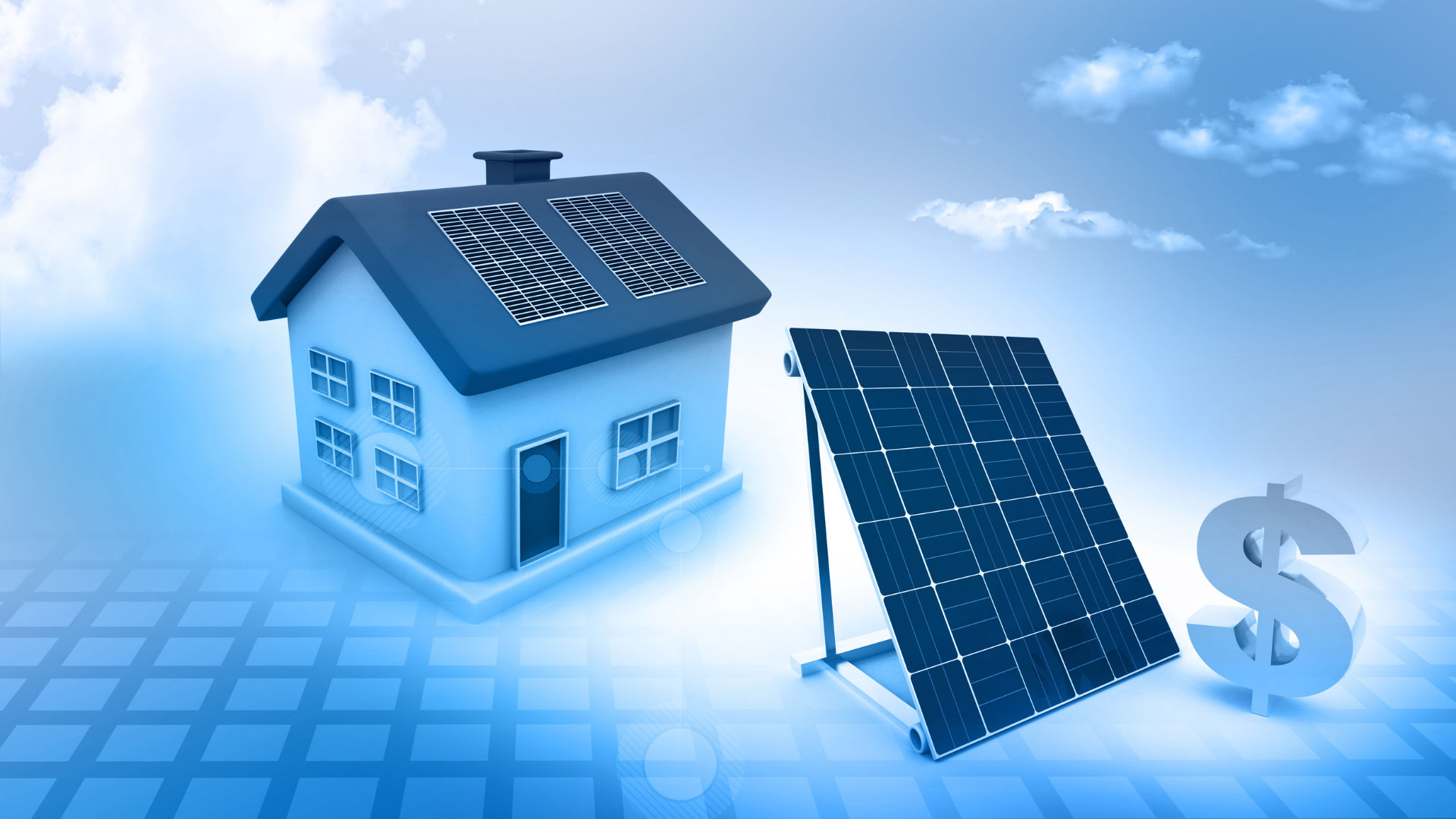Sample System Size
9.5K System for a Conservatively Produces 14ooo kilowatts Per Year
Cost Per kilowatt from The Power Company
21.6 cents per Kilowatt Including Fees and Taxes based on the sample bill below. This means a 9.5K Solar System will produce conservatively enough energy for a $216 a month power bill, which is based on an extremely conservative estimate of production.
Cost Per Kilowatt for Solar
2.60 Per Kilowatt for a total cost of $24,700
Deduct 30% Tax Credit* of $7410*
$1.82 Per Kilowatt for a total Net Cost of $17,290
The Power Company Charges $216 per month totaling $2592 a Year.
Based on $2592 a year a home solar system will offset the original cost of $17,290 in a little under 7 years, at which point you will be banking a minimum of $216 a month for the remainder of the life of panels designed to last 25 years or more.
Total Solar Savings for 20 Years
Over a 20 Year period you will have paid a minimum of $51,840 to the power company based on a $ 216-a-month power bill. You will have paid $17290* for the same power with solar. This equation does not consider power company price increases over the next 20 years. Based on paying $51,840 to the power company over a 20 year span the total cost of a home solar system without utilizing the tax credit for a home solar system is still a great value.


